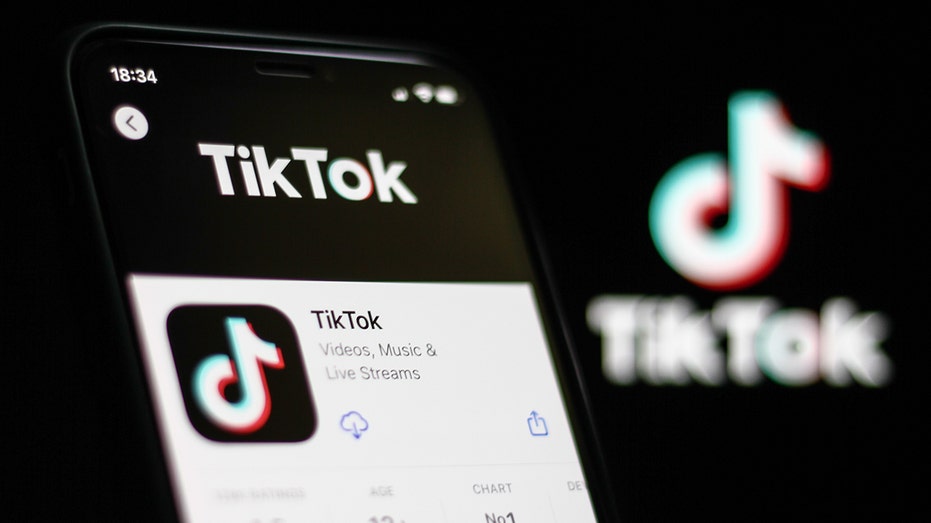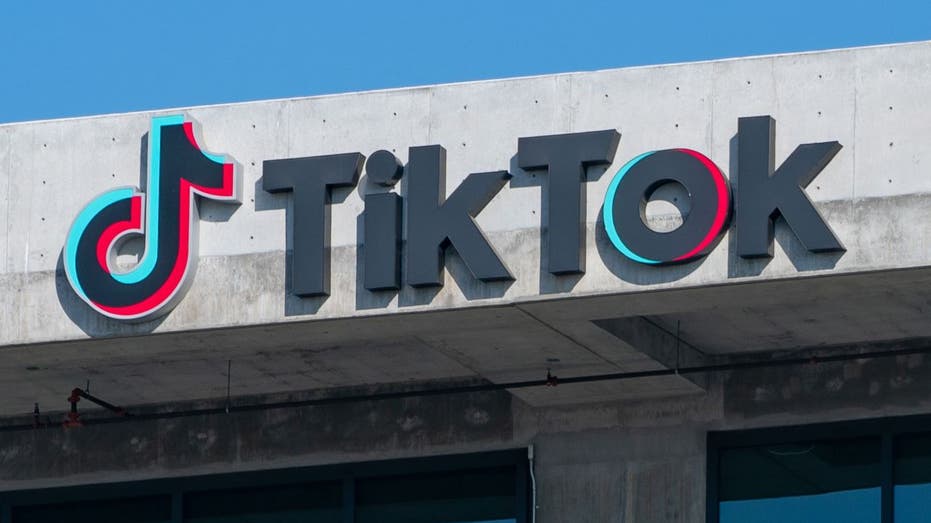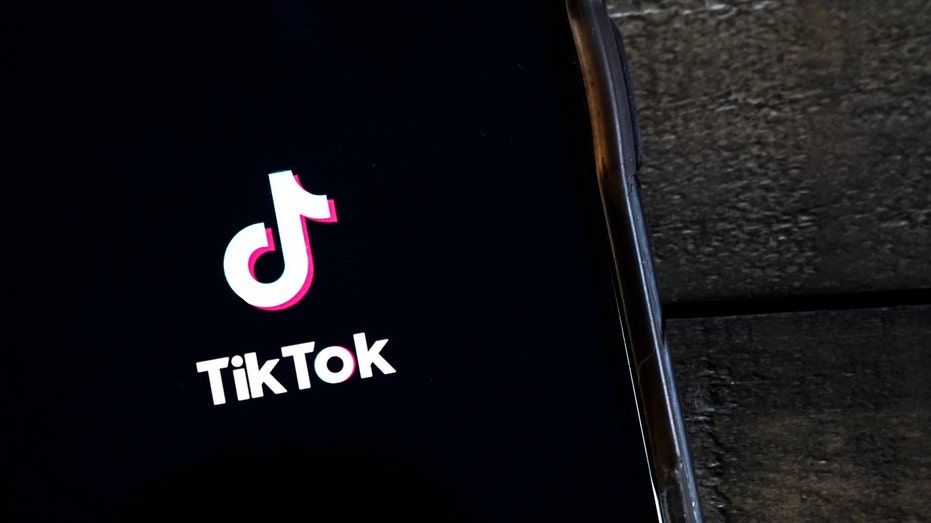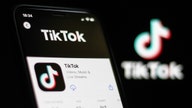Billionaire Frank McCourt, Jr.: We are dead serious about our TikTok bid
Billionaire Frank McCourt, Jr. unpacks the pursuit to buy the social media giant on 'The Claman Countdown.'
The Justice Department alleges TikTok is gathering information on U.S. users and their views on social issues, including gun control, abortion and religion, to send to engineers in China.
According to documents filed with the federal appeals court in Washington, the DOJ claims TikTok and its China-based parent company, ByteDance, used Lark, an internal web-suite system, to allow TikTok employees to talk directly with ByteDance engineers in China, the Associated Press reported.
TikTok employees used Lark to send sensitive data about U.S. users, and this information has been stored on Chinese servers and is accessible to ByteDance employees in China, according to the U.S. government.
One of Lark's internal search tools allows ByteDance and TikTok employees in the U.S. and China to collect data on users' content or stances on certain social issues. TikTok was previously revealed to have tracked users who watched LGBTQ+ content through a dashboard the company said has since been deleted, The Wall Street Journal reported last year.
HARRIS CAMPAIGN JOINS TIKTOK AFTER BIDEN SIGNED BAN

The Justice Department alleges that TikTok is gathering information on U.S. users and their views on social issues, including gun control, abortion and religion, to send to engineers in China. (Photo Illustration by Jakub Porzycki/NurPhoto via Getty Images)
The latest court documents come ahead of the government's legal battle in which it seeks to defend the potential U.S. ban of the video sharing social media platform. President Biden signed a bipartisan bill in April that would force ByteDance to sell TikTok or else the platform would face a ban in the U.S. starting in January.
Congressional lawmakers and administration officials expressed concerns over alleged national security threats and over allegations the platform's algorithm was feeding U.S. users Chinese propaganda.
"’Intelligence reporting further demonstrates that ByteDance and TikTok Global have taken action in response to (Chinese government) demands to censor content outside of China," senior U.S. intelligence official Casey Blackburn wrote in a filing backing the government's arguments.
The DOJ claimed there is potential "covert content manipulation" by the Chinese government, arguing the platform's algorithm could be designed to dictate what content users are shown.
"By directing ByteDance or TikTok to covertly manipulate that algorithm, China could, for example, further its existing malign influence operations and amplify its efforts to undermine trust in our democracy and exacerbate social divisions," the filing said.
The department said its fears are more than theoretical and that TikTok and ByteDance employees have a history of engaging in "heating," which means certain videos are promoted to reach more users. This feature allows TikTok to curate popular content and disseminate it to a wider audience, but the U.S. government says it can also be used for nefarious purposes.

The DOJ claims TikTok and its China-based parent company ByteDance used Lark, an internal web-suite system, to enable TikTok employees to talk directly with ByteDance engineers in China. (Photo by AaronP/Bauer-Griffin/GC Images)
Federal officials are urging the court to allow a classified version of the legal brief that would not be available to ByteDance or TikTok, according to the Associated Press.
TikTok spokesperson Alex Haurek said that nothing in the redacted brief "changes the fact that the Constitution is on our side."
"The TikTok ban would silence 170 million Americans’ voices, violating the 1st Amendment," Haurek said. "As we've said before, the government has never put forth proof of its claims, including when Congress passed this unconstitutional law. Today, once again, the government is taking this unprecedented step while hiding behind secret information. We remain confident we will prevail in court."
TikTok has said in its legal challenge against the potential ban that the law violates the First Amendment's right to free speech because it prohibits speech on the platform unless ByteDance divests its stake. TikTok has also argued the law discriminates against viewpoints, pointing to recent comments from some lawmakers who criticized what they described as the promotion of anti-Israel content on the platform amid the war in Gaza between Israel and Hamas.
Divestiture "is simply not possible: not commercially, not technologically, not legally … There is no question: the Act will force a shutdown of TikTok by January 19, 2025, silencing the 170 million Americans who use the platform to communicate in ways that cannot be replicated elsewhere," ByteDance and TikTok argued when they sued over the law in May.
The DOJ said in the redacted version of the court documents that another tool led to content moderation based on the use of certain words. Some policies regarding the tool impacted ByteDance users in China.

TikTok said nothing in the redacted brief "changes the fact that the Constitution is on our side." (Photo Illustration by Drew Angerer/Getty Images)
GET Gxstocks ON THE GO BY CLICKING HERE
ByteDance operates a similar platform in China called Douyin, which adheres to the Chinese government's censorship rules.
DOJ officials, however, said other policies may have been applied to TikTok users outside of China and that TikTok was investigating whether these policies existed and had ever been used in the U.S. around 2022.
The government cites the Lark data being sent to China to argue that Project Texas, TikTok's $1.5 billion mitigation plan to store U.S. user data on servers owned and maintained by the American tech giant Oracle, is not enough protection against fears of national security.
Oral arguments for the challenge against the U.S. law are scheduled for September.
The Associated Press contributed to this report.




